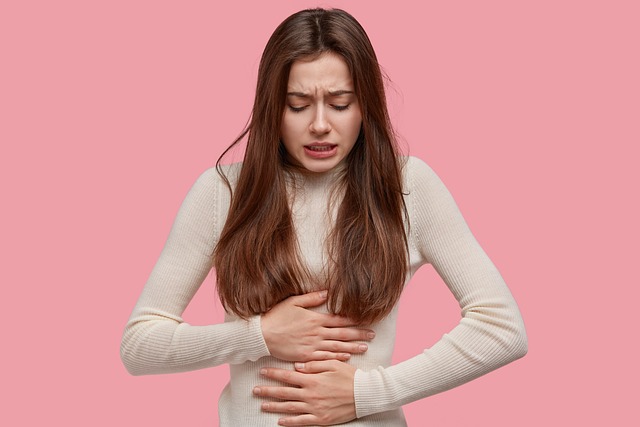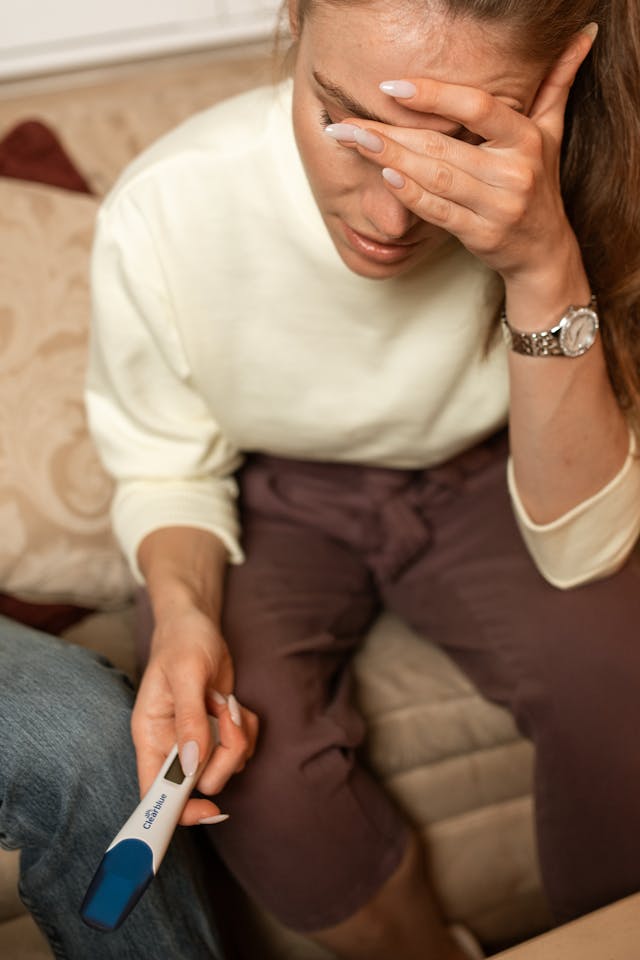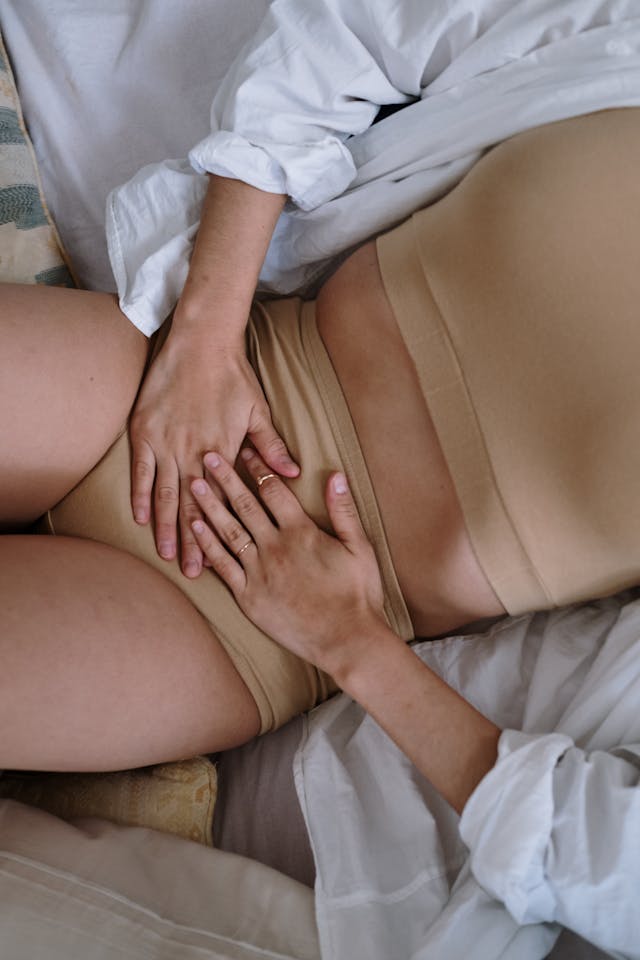Treatments
>
Reproductive
Treatments for Reproductive Health
Click on any of the items below to jump down the page to the relevant section.
We have included a lot of information about how you can benefit from Acupuncture Treatments and how they work.
Please check back as we are in the process of adding additional information to this page in an ongoing process to keep people informed.
Imbalance related to Menses or Premenstrual Tension:
Premenstrual syndrome (PMS) is a combination of symptoms that many women get about a week or two before their period. Over 90% of women report getting some premenstrual symptoms, such as bloating, tender or swollen breasts, headaches, backaches, digestive imbalance and variations of moodiness. Some women experience mild symptoms, and others experience symptoms so severe that they miss work or school. On average, women in our 30s are most likely to have PMS, as well as those of us with high levels of stress, as well as those who have a family or their own history of depression or post-partum depression. Some may experience physical symptoms, emotional symptoms, or both.
Research studies have confirmed the effectiveness of acupuncture in relieving many PMS symptoms. Anti-anxiety and anti-depressant medication, as well as hormone balancing interventions often help PMS symptoms to become more bearable as well. Acupuncture helps premenstrual syndrome by inducing the homeostatic response on the cellular level. Acupuncture influences the body’s internal organs to correct imbalances in the nervous system by improving the circulation of energy throughout the meridians. Acupuncture stimulates the central nervous system to release relaxation-inducing substances to be released along the body’s natural biochemical pathways in the muscles, spinal cord, and brain.


Infertility:
Female Infertility and treatment plans for infertility can be stressful. Chronic stress can negatively affect pregnancy outcomes. Acupuncture may help reduce stress, which, in turn, could improve pregnancy outcomes. There is no conclusive evidence to support the use of acupuncture for the treatment of infertility. Some studies show little to no benefit. Other studies report significant, positive results.
This article gives more details about treating infertility with acupuncture.
Impotence:
We will add more information on this section soon. In the mean time you may find this helpful from Wikipedia:
Treatment involves addressing the underlying causes, lifestyle modifications, and addressing psychosocial problems.[2] In many cases, treatment is attempted by drugs, specifically PDE5 inhibitors (such as sildenafil), which dilate blood vessels, allowing more blood to flow through the spongy tissue of the penis (akin to opening a valve further in order to allow more water to enter a fire hose). Other treatments, less commonly used, include prostaglandin pellets, inserted in the urethra; smooth-muscle relaxants and vasodilators, injected into the penis; penile implants; penis pumps; and vascular reconstructive surgery.[2][3]


Menopausal Discomfort:
We will add more information on this section soon. In the mean time you may find this helpful from Wikipedia:
Specific treatment is not usually needed.[5] Some symptoms, however, may be improved with treatment.[5] With respect to hot flashes, avoiding smoking, caffeine, and alcohol is often recommended.[5] Sleeping in a cool room and using a fan may help.[5] The following medications may help: menopausal hormone therapy (MHT), clonidine, gabapentin, or selective serotonin reuptake inhibitors.[5][6] Exercise may help with sleeping problems.[5] While MHT was once routinely prescribed, it is now only recommended in those with significant symptoms, as there are concerns about side effects.[5] High-quality evidence for the effectiveness of alternative medicine has not been found.[7] There is tentative evidence for phytoestrogens.
Endometriosis / Fibroid Pain:
We will add more information on this section soon. In the mean time you may find this helpful from Wikipedia:
While there is no cure for endometriosis, there are two types of interventions; treatment of pain and treatment of endometriosis-associated infertility.[105] In many cases, menopause (natural or surgical) will abate the process.[106] In the reproductive years, endometriosis is merely managed: the goal is to provide pain relief, to restrict progression of the process, and to restore or preserve fertility where needed. In younger individuals, surgical treatment attempts to remove endometriotic tissue and preserve the ovaries without damaging normal tissue.
Chinese herbal medicine was reported to have comparable benefits to gestrinone and danazol in patients who had had laparoscopic surgery, though the review notes that the two trials were small and of “poor methodological quality” and results should be “interpreted cautiously” as better quality research is needed.

